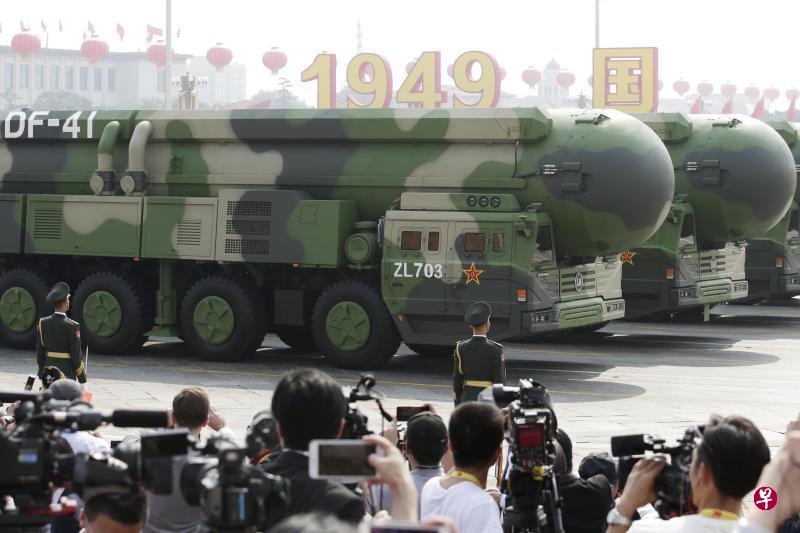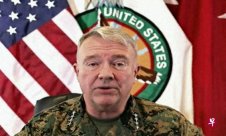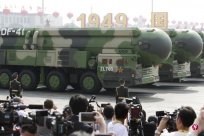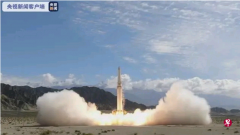
Bassier said that China is rapidly developing nuclear weapons and will soon surpass Russia to become the number of nuclear threats in the United States.He also warned that there was no mechanism between China and the United States to avoid misunderstanding or confusion between the two sides.
Bassier said in a online forum on Friday that China has always claimed to maintain a minimum nuclear deterrent force, but in fact the development of nuclear capacity is no longer consistent with this.
He said that a span point will appear in a few years, that is, "the threat of China will surpass the current threat of Russia", which not only depends on the number of nuclear warheads in Beijing, but also depends on the "actual combat deployment deployment of nuclear weapons."" ".
Boxier pointed out that unlike the United States and Russia, there is no agreement or dialogue mechanism for nuclear military and China to "reduce misunderstandings or confusion."
The Bayeng government turned to the view of the focus of US foreign policy to the Indo -Pacific region in order to counter China's increasing economic and military strength.When U.S. Secretary of State Brills met with Asian countries and partners and foreign ministers earlier this month, it expressed deep attention to China's expanding nuclear arsenal.US think tanks reported according to satellite images that China seems to be building hundreds of new nuclear missile launch wells.
Washington accused Beijing of resisting the dialogue on nuclear weapons. Beijing responded that its nuclear weapon scale was far less than the United States and Russia. As long as the United States cuts the number of nuclear weapons, China is willing to perform dialogue.
The Pentagon's report was submitted to the National Assembly last year. It is estimated that China currently has more than 200 nuclear warheads. As China expands the army and promotes the modernization of the army, the inventory nuclear warhead will be at least doubled.The United States is also concerned about the missile technology of transporting nuclear warheads in China. Basser said that the ballistic missiles tested last year in China were more than the sum of other countries in the world.
Although the relationship between the two countries has continued to have frictions and fiercely speaking, US military officials have been seeking communication channels that have been opened with China for a long time to alleviate potential disputes.
U.S. officials revealed that Michael Chase, deputy assistant minister of the pentagram of Chinese affairs, talked with Huang Xueping, deputy director of the International Military Cooperation Office of the CPC Central Military Commission last week.manage.This is the first time that Bayeng has entered the White House in January this year.
U.S. officials who are unwilling to be named to Reuters said: "((they) they) used the U.S. Chinese defense telephone link to hold a secure video conference ...
U.S. officials said that US Secretary of Defense Austin has not yet had talks with Chinese officials, partly because the two sides have controversial the issue of Chinese equivalent officials who are Austin.According to reports, Austin once asked for three times with Xu Qiliang, the vice chairman of the CPC Central Military Commission, but was rejected by China. China believes that the US defense director wants to talk to China.




